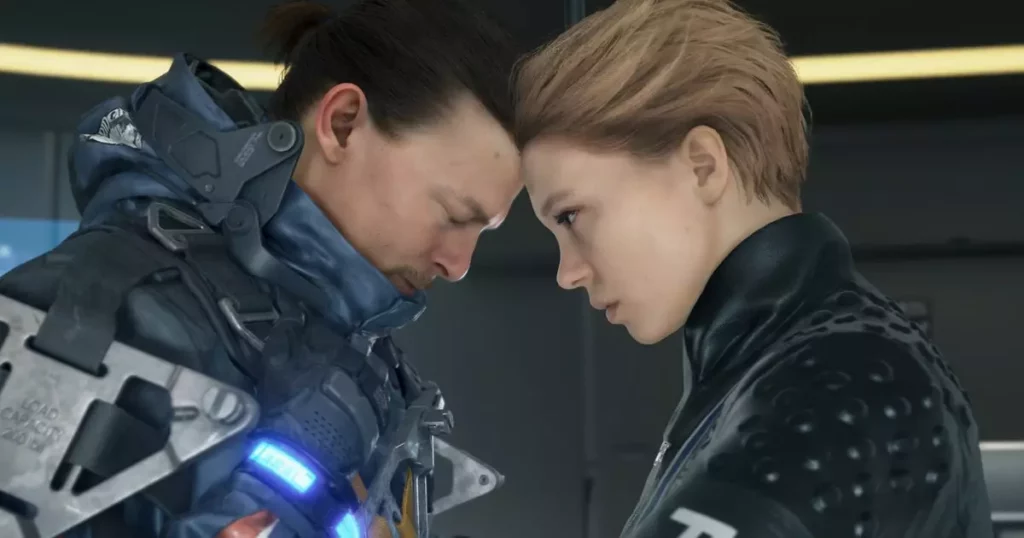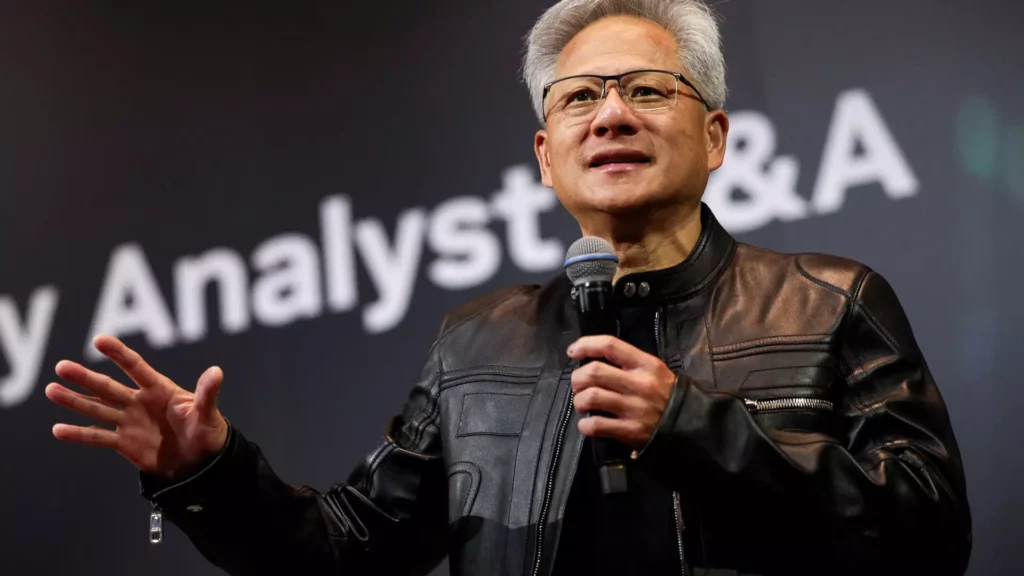Hideo Kojima is not merely a game designer; he is an architect of interactive experiences that challenge not just the player’s skills but their very understanding of existence. For decades, Kojima has pushed the boundaries of gaming, crafting narratives that hesitate to confine themselves to traditional genres. His recent reflections reveal more than just a personal shift; they open a Pandora’s box of philosophical inquiries that cut deep into the fabric of what it means to engage with digital media. His notion that players’ interactions—or lack thereof—could affect a character’s abilities strikes profoundly at the core of player agency and memory within the gaming universe. It’s an audacious narrative pivot that invites players to ponder their roles not just as users, but as active participants in a living, breathing narrative.
Memory and Mortality: A Disturbing Connection
Kojima’s gaming universe often mirrors our darkest fears and greatest anxieties, and his latest commentary does not shy away from existential contemplation. The notion that a protagonist could forget essential skills during idle moments of gameplay reinforces a stark reflection of our own realities—how memory and identity can be fleeting. Are we defined by our actions or the collective memories we forge through them? In a society that increasingly measures worth through productivity, does a break from interaction diminish our abilities, both in gaming and in life? This circles back to deeper themes surrounding mortality that Kojima has recently come to terms with, especially in light of the COVID-19 pandemic. His transparent introspection showcases a creator grappling with the clock ticking down, which lends a heavy weight to his inquiries surrounding legacy.
The Weight of Years and the Artist’s Dilemma
Turning 60, Kojima has begun to wrestle with questions that all artists face as they stand at the precipice of their legacies. “How much time do I have left to create?” This realization is one that no artist relishes, yet it can lead to a rich and fertile ground for creativity. Rather than feeling constrained by time, Kojima appears determined to transmute this anxiety into a keystone for future artistic endeavors. This transformation encapsulates a torch that must not merely be passed but rather extended, possibly reshaping Kojima Productions into a cradle for new ideas rather than a mausoleum of past glories. His willingness to confront such daunting themes allows the public to connect with him on a deeper level, bridging the gap between creator and audience.
Planning for Posterity: A Legacy Beyond the Grave
Kojima’s proactive measures to secure his ideas after his departure from the industry signal an evolving understanding of authorship. Entrusting a USB stick filled with his concepts to his assistant is not just a whimsical gesture; it’s a testament to his commitment to ensuring that his vision continues to resonate long after he is gone. This act raises pressing questions: Can a studio flourish without its founder’s guiding spirit? What defines the authenticity of a creator’s vision, and how can it persist amid change? Instead of surrendering to a fate of mundane rehashes, Kojima seeks to illuminate paths for future creators—what he seems to conceive as an evolution rather than a stagnation.
Fear and Hope: The Duality of Creation
Kojima’s reflections fluctuate between fear and hope—a duality that serves as the lifeblood of creativity. His apprehensions about fading into oblivion coexist with an equally compelling desire to inspire future generations. He dreams not only of crafting ephemeral entertainment but of instigating dialogues that probe emotional and intellectual territories often overlooked in mainstream gaming. This rare vulnerability humanizes him, shifting the spotlight from mere escapism to concern for collective consciousness. In this respect, Kojima emerges not just as a game designer but as a kind of contemporary philosopher, challenging both himself and his audience to venture beyond traditional boundaries.
Engaging the Mind and Heart
In his candidness about mortality and legacy, Kojima deepens the emotional landscape of gaming. He urges players to think critically about their experience with both the game and their own lives, transcending the simplistic notion of gaming as mere entertainment. In an industry saturated with formulaic designs and predictable arcs, Kojima’s musings breed a revolutionary ethos that asks not just “What can we play?” but “What can we experience?” This inquiry emphasizes the potential of video games to serve as vessels for profound reflection, challenging players to confront their realities while navigating virtual worlds.
In his pursuit of a meaningful narrative on and off the screen, Hideo Kojima has cemented his status as not just a visionary in game design but as an instigator of thought, emotion, and a wider discourse about human experience in the digital age.









Leave a Reply